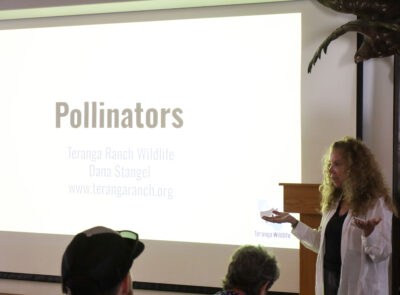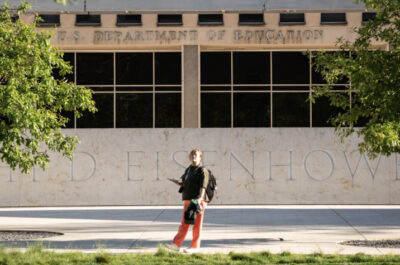
TruthFinder can help new neighbors access public records for safety and community building
Bubble wrap. Tool kit. Pizza for the friends with strong arms and trucks. Your list of essentials for your move to a new place can seem endless. When it’s finally time to start unpacking, TruthFinder® could be the first thing you open up after landing in a new neighborhood — and perhaps the one tool you didn’t know you needed.
Many residents want basic information about their neighbors for safety, community building, and peace of mind. TruthFinder offers resources for gathering publicly available information about individuals, including potential neighbors.
What TruthFinder Can Reveal About Nearby Residents
TruthFinder functions as an online people search tool that compiles information from public records. Users initiate searches with a name and state, with options to include additional details like age or middle initial for greater accuracy to find search results.
The service compiles data from over 350 million public records from government databases, social media profiles, and census data. Reports may contain contact information, address history, and criminal and traffic records, depending on what exists within public databases.
It’s likely TruthFinder’s approximately 9 million users appreciate the ability to organize scattered information into single, readable reports. This saves time compared to piecing together details from multiple sources manually.
How Can I Use TruthFinder To Look Up Neighbors?
TruthFinder’s reverse address lookup tool allows users to discover who lives nearby by simply entering their own address. The service scans public records and presents information about neighboring residents, potentially including names, contact details, and background information like possible relatives. This feature can be particularly valuable for safety-conscious residents or those looking to create community connections. Rather than wondering about the unfamiliar car parked across the street or the new family that moved in down the block, residents can now put names to addresses with a few keystrokes.
Parents often use people search tools to discover more about who lives near their children. Neighborhood watch participants might consult TruthFinder when noticing unfamiliar vehicles or activities nearby. New homeowners can use TruthFinder when moving into established communities.
Whether through technology or face-to-face interaction, knowing your neighbors is an important aspect of community safety and social well-being in today’s increasingly isolated world.
Differences Between TruthFinder and Regular Search Engines
Standard search engines like Google® and Bing® provide broad results requiring users to sift through numerous links. TruthFinder can deliver focused, detailed results.
TruthFinder’s specialized approach locates public records that might be tricky to find during conventional internet searches. Court documents, property records, and similar government record information become more accessible through this targeted method.
The structured reports TruthFinder generates allow users to quickly understand key information without needing to compile data themselves from scattered online sources.
Privacy and Ethical Considerations
TruthFinder offers a powerful way to access personal information, but it’s essential to understand the restrictions on its use. It’s not approved for decisions involving employment screening, tenant checks, consumer credit, or any use requiring compliance with the Fair Credit Reporting Act. Responsible users should respect these boundaries and use the service strictly for personal purposes.
Tools like TruthFinder should inform decisions, not replace human judgment. When used ethically, it can offer peace of mind and support safer interactions. Still, users must balance curiosity with privacy and discretion.
Responsible use demands respect for others’ privacy when accessing public information. Users should consider why they seek specific details and whether their curiosity warrants investigation.
Making Informed Choices About Neighborhood Research
TruthFinder reports work best as a starting point rather than a final determination. The information provides context for potential conversations rather than substituting for direct communication.
Neighborhood relationships ultimately depend on mutual respect, regardless of background information. Research serves community building only when paired with genuine interest in positive connections.
TruthFinder represents one tool among many for learning about neighbors. Users should also consider traditional introductions to serve their community-building goals.
Thoughtful users recognize that neighborhood harmony depends on balancing information access with respect for personal boundaries. TruthFinder may help users find this balance through its structured approach to public records.
DISCLAIMER: No part of the article was written by The Signal editorial staff.






